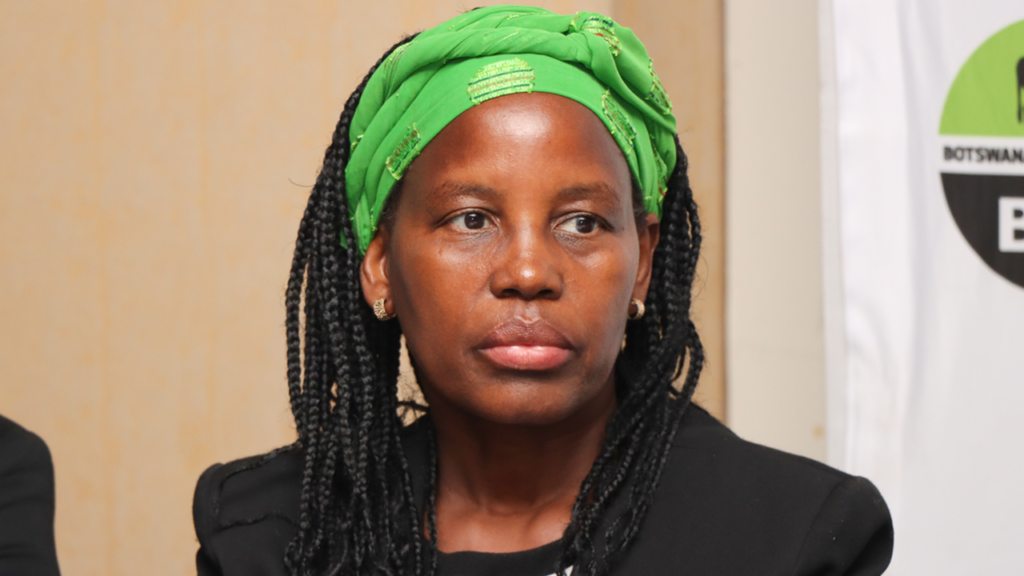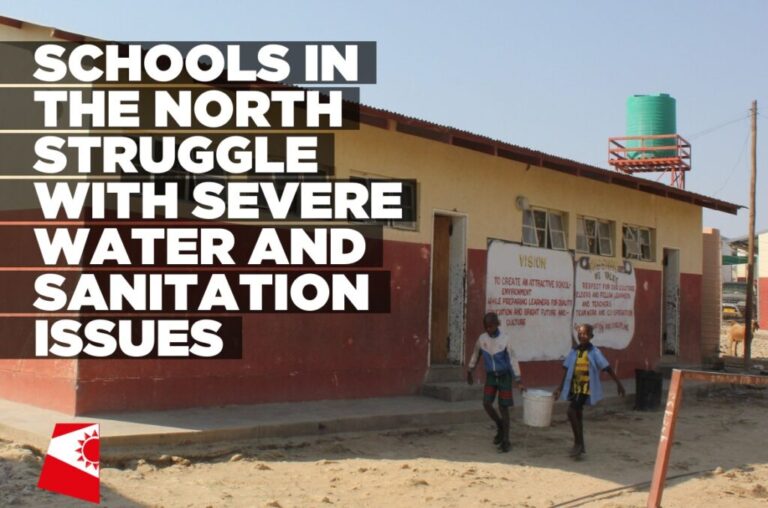
The Botswana Congress Party (BCP) finds itself grappling with internal discord after postponing the adoption of its recently amended constitution. Insider sources reveal that the delay results from escalating tensions surrounding a contentious clause that delineates the role of the party’s Vice President in the event the BCP assumes national power.
Earlier this month at the Francistown party conference, the constitution was amended, yet the revised document remains undistributed to members and has not been lodged with the registrar. Leaked resolutions, dated October 13 and signed by Secretary General Goretetse Kekgonegile, expose a core dispute centered on the succession protocol for the party’s presidential and vice-presidential nominees.
The resolution stipulates that the BCP President automatically becomes the party’s presidential candidate in general elections and, if successful, assumes the office of the President of Botswana. Concurrently, the Vice President would serve as the vice-presidential candidate and, upon victory, occupy the corresponding state office. Should the Vice President be constitutionally ineligible, the President, in consultation with the Central Committee, would nominate an alternative candidate.
Although introduced to establish clarity and order in leadership succession, the clause has instead deepened factional rifts within the party.
Lucas vs. Dow: The Struggle Behind the Clause
Two factions have crystallized within the BCP. One camp champions the incumbent Vice President, Taolo Boipuso Lucas, viewed as a stabilizing figure embodying continuity. The opposing faction favors Dr. Unity Dow, whom they regard as the progressive change necessary to succeed party leader Dumelang Saleshando.
Insiders suggest that Saleshando himself leans towards supporting Dr. Dow, a stance that has intensified internal divisions, with critics accusing him of attempting to sway the party’s succession process.
“There were many resolutions from Francistown,” Saleshando told journalists in Gaborone on October 14. “However, I do not want to share them lest I appear to favor some. Once the resolutions are agreed upon and the constitution is filed with the registrar, I will be able to speak.”
If the disputed clause remains intact, Lucas would automatically stand as Saleshando’s running mate in the 2029 general elections—a prospect opposed by some party members who argue that the presidential candidate should have the prerogative to select their deputy once in government.
The unresolved question of the vice-presidency places the BCP in a delicate position. Advocates for Lucas call for unity and stability, while others push for flexibility in leadership selection as a step toward modernizing the party’s governance.
Despite publicly downplaying reports of factionalism during a media briefing following the Francistown Conference, describing internal debates as “temporary platforms” within a democratic framework, party insiders confirm that tensions persist behind the scenes.
This internal struggle now threatens to overshadow the BCP’s reputation as one of Botswana’s most stable opposition parties, with analysts cautioning that mishandling the issue could fracture the party ahead of the 2029 elections.
Beyond this controversy, the Francistown conference approved several key resolutions aimed at reforming party structures and advancing inclusivity:
– Affiliate Membership: Groups may now apply to affiliate with the BCP through formal letters, emails, or an online portal, enhancing transparency and access.
– Student Command: Elevated to a full auxiliary wing independent of the Youth League, its president now holds a seat on the Central Committee.
– Veterans League: Established to recognize members aged 65 and above with long service records, providing mentorship and strategic counsel.
– Quota for Marginalized Groups: At least 50% of the Central Committee must comprise women, youth, and historically disadvantaged members.
– Regional Representation: Delegate participation at regional conferences increases from 20 per constituency to 5 per ward, boosting grassroots engagement.
– Elective Conferences: The Central Committee gains authority to postpone or advance elective congresses during emergencies, ensuring operational agility.
– Committee Meetings: Should the President be unable to convene the Central Committee, one-third of its members may now call a meeting, strengthening accountability.
– National Organizing Secretary: The position is elevated to the Executive Committee in recognition of its critical role in mobilization and structure-building.
– Ex-Officio Members: These members of the Central Committee will lose voting rights to enhance transparency and democratic decision-making.
While the constitutional review sought to modernize the BCP’s governance, the unresolved Vice Presidency clause has slowed progress. As the party aims to preserve unity and prepare strategically for the upcoming general elections, it now faces the complex challenge of balancing loyalty, ambition, and reform within its ranks.
Post Views: 682








